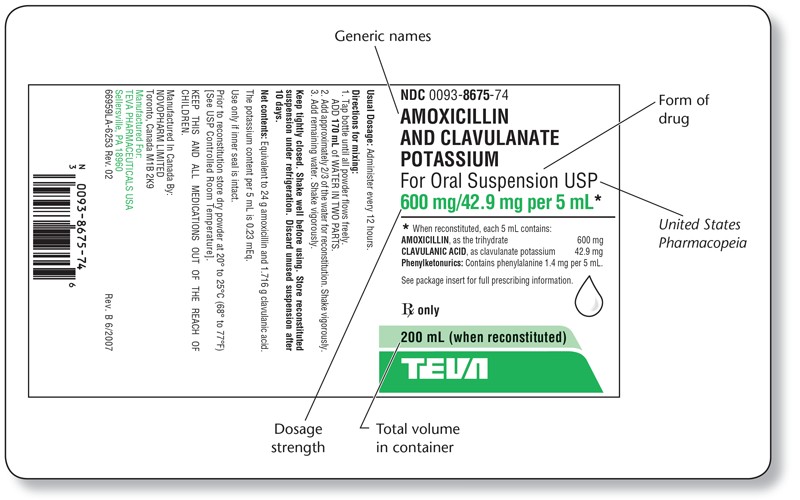A patient is diagnosed with a grade II astrocytoma. The nurse realizes that this patient's prognosis is:
1. Excellent
2. Good as long as the tumor is treated soon
3. Good because the tumor is well defined
4. Poor because the tumor cells are irregularly shaped
2
Rationale 1: Grade II tumor cells are less well defined and there is the possibility that a grade II tumor will transform to a higher grade. Excellent prognosis is not associated with this type of brain tumor.
Rationale 2: Astrocytomas are the most common types of primary brain tumor and are graded from I to IV according to tissue histology. Grade I and grade II tumors are considered to be low-grade tumors and they have the most favorable survival rates and respond well to early treatment.
Rationale 3: Grade I tumor cells are well defined and almost normally shaped. They have a low incidence of brain infiltration. Grade II tumor cells are less well defined and there is the possibility that a grade II tumor will transform to a higher grade.
Rationale 4: Higher-grade (III and IV) tumor cells are abnormally shaped and have a pronounced ability to infiltrate normal brain tissue; therefore, the prognosis is poor.
You might also like to view...
The hallmark of venous stasis ulcers include all of the following except
A. Lower extremity edema B. Hyperpigmentation of the lower extremities C. Ulcers on the medial or lateral malleolus D. Copious draining ulcers
After reconstitution, you should store this drug in a(n) ________. 
Fill in the blank(s) with the appropriate word(s).
The behavioral approach is used in many training and development programs
a. True b. False
A client is receiving monoclonal antibodies for treatment. How should the nurse interpret this finding?
1. The "best" single antibody has been cloned. 2. This is a normal response to foreign antigens. 3. An undetermined amount of unpurified antibodies is used. 4. It is a mixed population of several classes of antibodies.